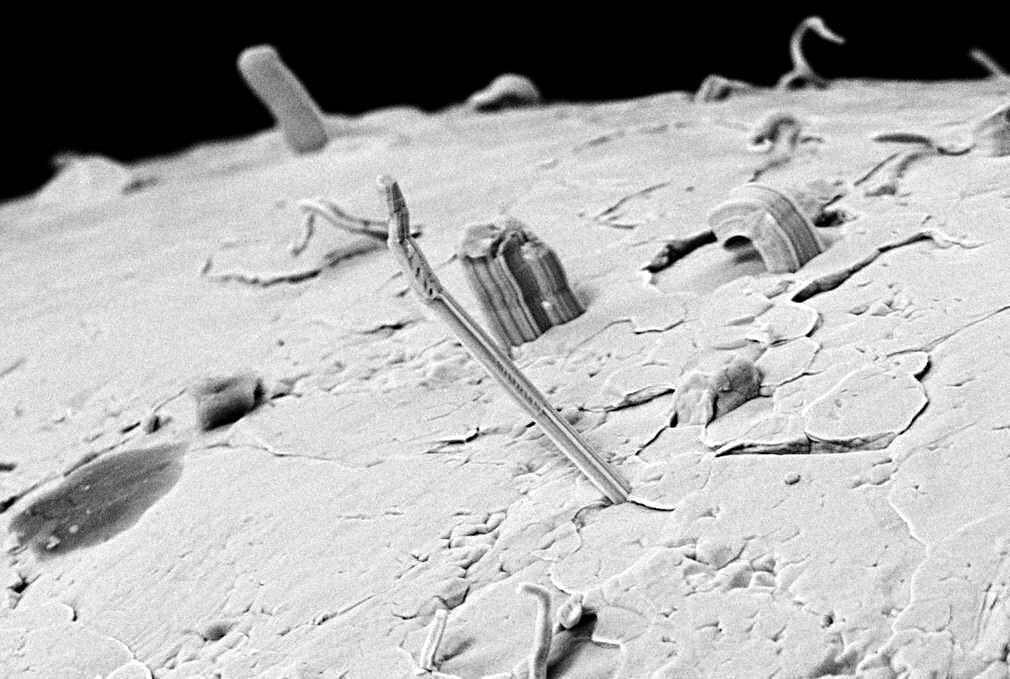Japanese Employees Accused of Stealing Critical TSMC Semiconductor Secrets
A bombshell industrial espionage case has rocked the global semiconductor industry, with Japanese company employees allegedly stealing crucial manufacturing technology from Taiwan Semiconductor Manufacturing Company (TSMC), the world's largest contract chipmaker. The case highlights growing security concerns in an industry that forms the backbone of modern technology infrastructure.
The Allegations Unfold
According to reports from Taiwanese authorities and industry sources, several employees from an unnamed Japanese technology firm have been implicated in systematically stealing proprietary semiconductor manufacturing processes and trade secrets from TSMC. The alleged theft involved advanced chip fabrication techniques, including processes related to cutting-edge 3-nanometer and 5-nanometer chip production technologies that give TSMC its competitive edge in the global market.
The stolen information reportedly includes detailed manufacturing protocols, equipment specifications, and quality control procedures that took TSMC years and billions of dollars to develop. These trade secrets are considered among the most valuable intellectual property in the technology sector, directly impacting the production of chips used in everything from smartphones to artificial intelligence systems.
TSMC's Market Dominance at Risk
TSMC controls approximately 54% of the global semiconductor foundry market, with revenues exceeding $70 billion in 2023. The company's advanced manufacturing capabilities make it the exclusive producer of the most sophisticated chips for tech giants including Apple, NVIDIA, and AMD. Any compromise of TSMC's proprietary technology could potentially erode its technological leadership and market position.
The Taiwanese chipmaker has invested over $40 billion annually in research and development and capital expenditures to maintain its technological edge. The company's advanced processes, particularly its industry-leading 3nm technology, represent years of intensive research and represent a significant competitive moat against rivals like Samsung and Intel.
Industrial Espionage in the Chip Wars
This incident occurs against the backdrop of intensifying global competition in semiconductor manufacturing, often referred to as the "chip wars." Nations worldwide are racing to secure domestic chip production capabilities, viewing semiconductor technology as critical to national security and economic competitiveness.
The alleged theft follows a pattern of increasing industrial espionage targeting semiconductor companies. In recent years, similar cases have emerged involving Chinese nationals accused of stealing chip technology from American companies, and various international incidents highlighting the vulnerability of critical technology infrastructure.
Geopolitical Implications
The case carries significant geopolitical weight, potentially straining relations between Taiwan and Japan, traditionally close allies in technology cooperation. Japan has been working to strengthen its semiconductor industry through initiatives like the Japan Advanced Semiconductor Manufacturing (JASM) facility, a joint venture with TSMC itself, making this alleged breach particularly sensitive.
The timing is also crucial as both countries are key partners in the CHIPS Alliance, a U.S.-led initiative to counter China's growing influence in semiconductor manufacturing. Any disruption to Taiwan-Japan technology cooperation could impact broader regional security arrangements and technology supply chains.
Industry Response and Security Measures
TSMC has reportedly enhanced its internal security protocols and is cooperating fully with law enforcement investigations. The company has implemented additional access controls, employee monitoring systems, and compartmentalized sensitive information to prevent future breaches.
Industry analysts note that this case underscores the critical need for enhanced cybersecurity and personnel vetting procedures across the semiconductor sector. Companies are increasingly investing in insider threat detection systems and implementing stricter intellectual property protection measures.
Looking Forward: Securing the Future of Chip Technology
This alleged theft case serves as a stark reminder of the high stakes in the global semiconductor industry. As chips become increasingly central to national security, economic competitiveness, and technological advancement, protecting intellectual property has become a matter of strategic importance.
The incident may accelerate trends toward greater security cooperation between allied nations in protecting critical technology assets. It also highlights the need for international frameworks to address industrial espionage in the technology sector more effectively.
For TSMC and the broader industry, this case reinforces that technological leadership requires not just innovation, but also robust security measures to protect the valuable intellectual property that drives competitive advantage. As the investigation continues, its outcome will likely influence how semiconductor companies approach security, international partnerships, and technology sharing agreements in an increasingly competitive and security-conscious global market.

